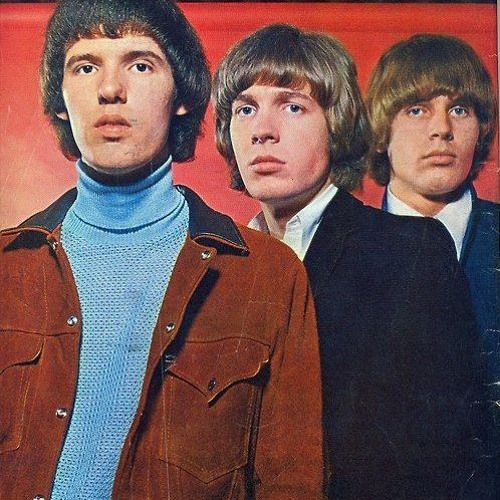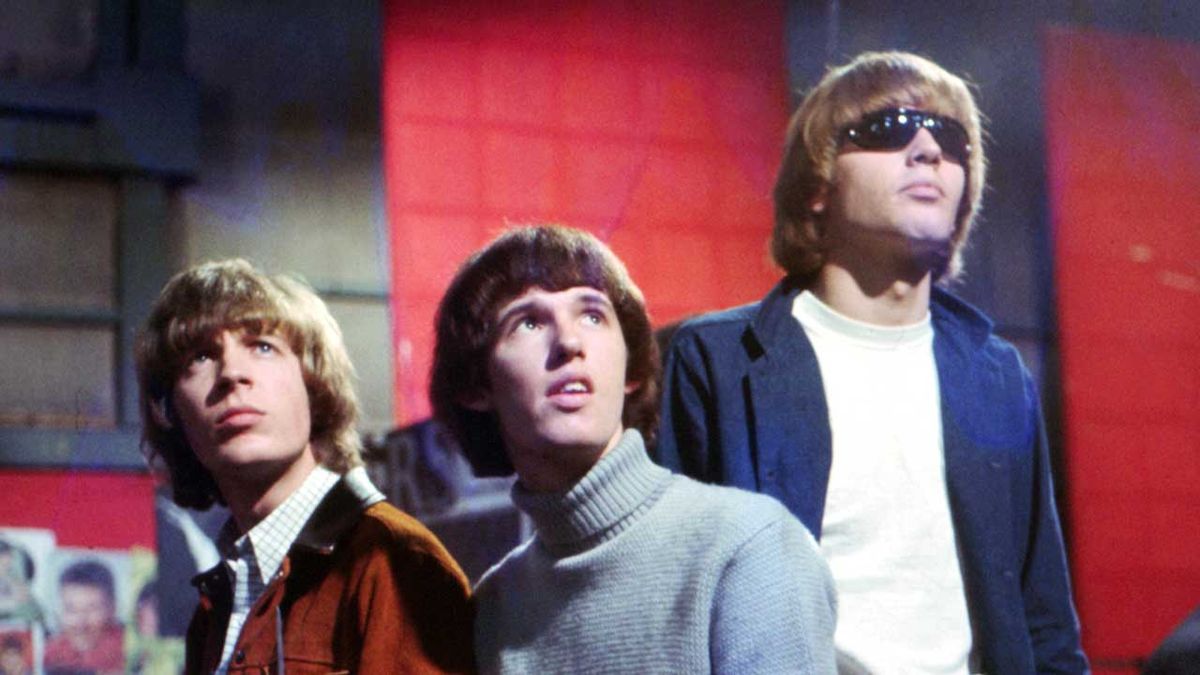The Walker Brothers – The Sun Ain’t Gonna Shine Anymore

“The Sun Ain’t Gonna Shine Anymore” by The Walker Brothers is a powerful ballad that captures the essence of loneliness and despair. Released in 1966, this song became one of the group’s most iconic hits, reaching the top of the charts in the UK and making a significant impact in the US as well. With its lush orchestration, emotive vocals, and poignant lyrics, the song remains a timeless classic. This essay explores the musical composition, lyrical depth, and cultural significance of “The Sun Ain’t Gonna Shine Anymore.”

The musical arrangement of “The Sun Ain’t Gonna Shine Anymore” is grand and dramatic, a hallmark of The Walker Brothers’ style. The song opens with a somber orchestral introduction, setting a tone of melancholy and introspection. The sweeping strings and rich instrumentation create a lush soundscape that envelops the listener, enhancing the emotional weight of the song. The orchestral arrangement, combined with the use of a choir for background vocals, adds a layer of depth and sophistication, making the song feel both intimate and expansive.
Scott Walker’s vocal performance is central to the song’s impact. His deep, resonant voice conveys a profound sense of sorrow and longing. Walker’s ability to imbue each line with emotion draws the listener into the narrative of heartbreak and loneliness. His vocal delivery, characterized by its clarity and expressiveness, allows the lyrics to resonate deeply. The chorus, where Walker’s voice soars with the repetition of the song’s title, is particularly poignant, capturing the essence of the song’s theme.
Lyrically, “The Sun Ain’t Gonna Shine Anymore” delves into themes of abandonment and desolation. Written by Bob Crewe and Bob Gaudio, the lyrics reflect a deep sense of loss and emotional emptiness. Lines such as “Loneliness is the coat you wear” and “But baby, you don’t know what it’s like” articulate the pain of being left behind and the struggle to cope with the absence of a loved one. The metaphor of the sun not shining anymore effectively conveys the bleakness and hopelessness that accompany profound heartbreak.
The song’s chorus is particularly evocative, with its repetitive assertion that “the sun ain’t gonna shine anymore.” This imagery suggests a world devoid of light and warmth, symbolizing the emotional void left by the departure of a loved one. The chorus’s simplicity and repetition underscore the inescapable nature of the narrator’s despair, making it a powerful expression of unrelenting sorrow.

Culturally, “The Sun Ain’t Gonna Shine Anymore” holds a significant place in the landscape of 1960s pop music. The Walker Brothers, an American trio that found greater success in the UK, brought a unique blend of orchestral pop and rock to the music scene. This song, with its grand production and emotional depth, exemplifies the group’s ability to create music that was both commercially successful and artistically compelling. The song’s success helped solidify The Walker Brothers’ status as major artists of their time and influenced subsequent musicians in the pop and rock genres.
The enduring appeal of “The Sun Ain’t Gonna Shine Anymore” lies in its universal themes and emotional resonance. The song continues to be covered by various artists, attesting to its lasting impact and relevance. Its themes of love, loss, and loneliness are timeless, allowing it to connect with listeners across different generations. The song’s ability to evoke deep emotions and provide solace in times of sorrow ensures its place as a cherished classic.

In conclusion, “The Sun Ain’t Gonna Shine Anymore” by The Walker Brothers is a masterful ballad that captures the depths of heartbreak and loneliness. Its lush orchestration, emotive vocals, and poignant lyrics create a powerful and enduring piece of music. The song’s cultural significance and lasting impact highlight its importance in the history of pop music. “The Sun Ain’t Gonna Shine Anymore” remains a testament to the ability of music to convey profound emotions and resonate deeply with the human experience.












